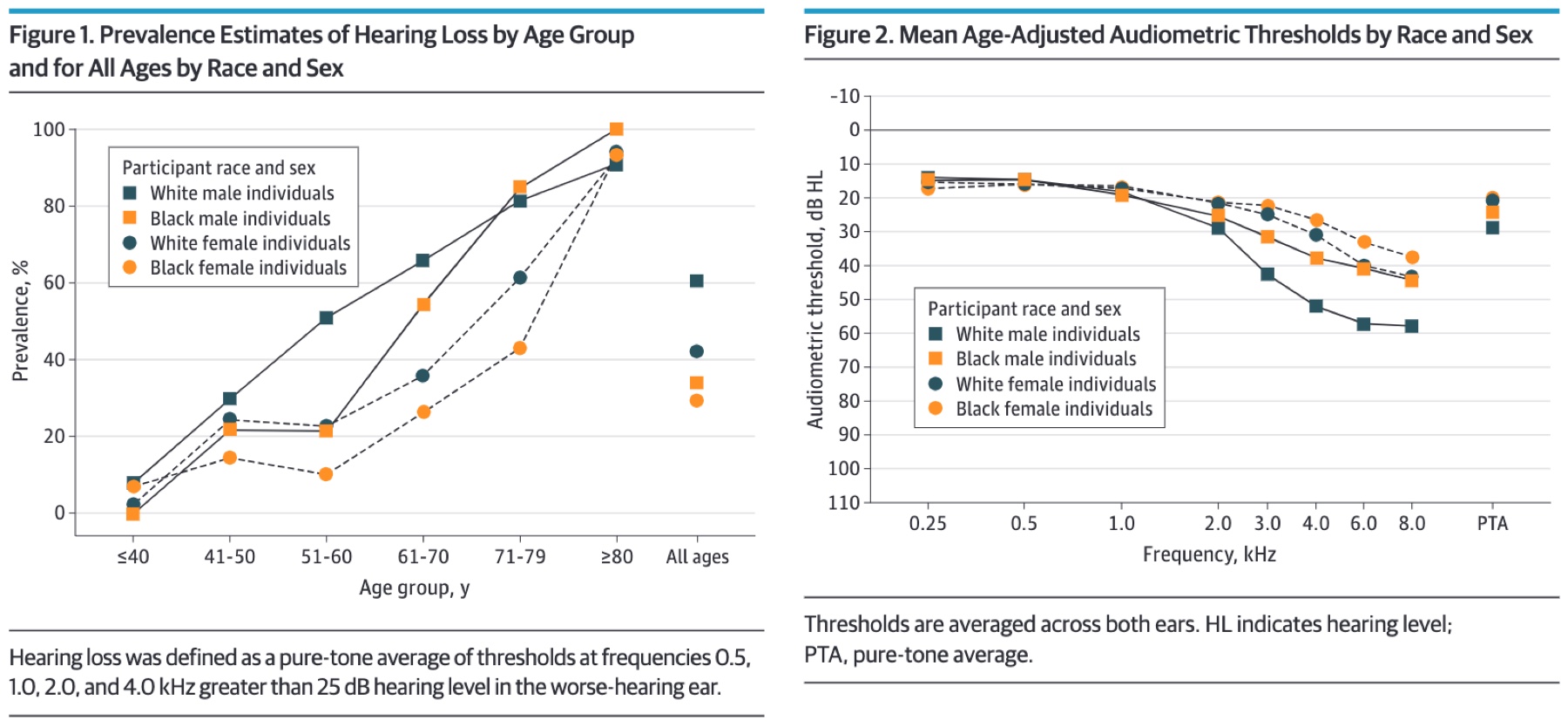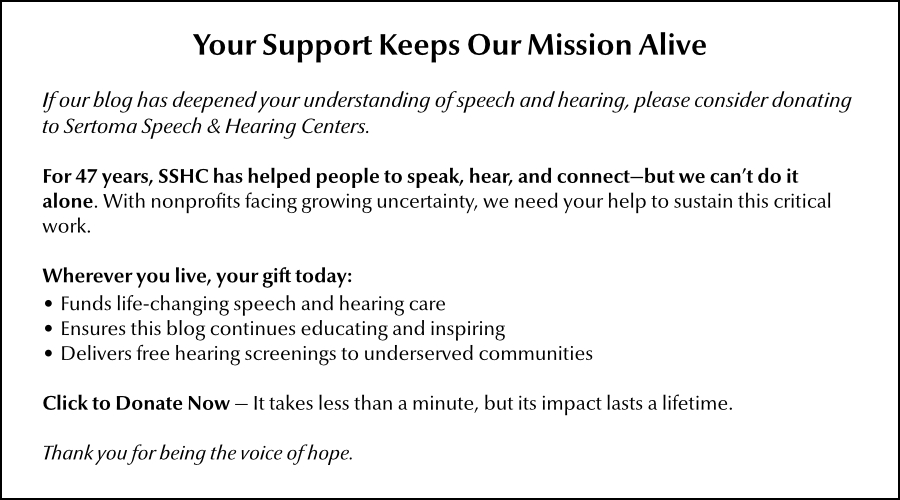Nearly half of adults experience hearing loss as they age, and recent studies show that the underlying risks differ depending on gender and race.
Why it matters
Tailored prevention could save hearing for millions.
White men are most likely to experience hearing loss, while Black women have the lowest rates. Different factors like workplace noise and income affect hearing health in unique ways for each group. By understanding these differences, we can create more targeted strategies to protect people's hearing.
By the numbers
- 46% of 1,787 adults in the study had hearing loss.
- 61% of White men were affected—nearly double the rate of Black women (29%).
- Risk jumps with age: Odds of hearing loss rise 10% yearly after 40.

The big picture
Hearing loss isn’t just about getting older.
- Noise exposure (e.g., loud jobs, firearms) raised risk for White men.
- Lower income/education increased odds for White and Black women.
- Race gaps remain unexplained: Black adults had lower hearing loss rates, even with similar risks like diabetes. Genetics or environmental factors might play a role.
The takeaway
Personalized approaches are key.
- Develop targeted hearing protection for workers in high-noise environments.
- Improve healthcare access and resources for women in lower-income communities.
- Investigate why certain racial groups show lower hearing loss rates to uncover broader prevention insights.
The study has limitations, but its core message is promising: Hearing loss isn't predetermined. By understanding specific risk factors across different populations, we can develop more effective strategies to preserve hearing health.
Healthy hearing starts here
Learn about the health of your hearing with a free 15-minute hearing screening by an audiologist.
★ Call 708-599-9500 to schedule your free screening.
★ For facts about hearing loss and hearing aid options, grab your copy of The Hearing Loss Guide.
★ Sign up for our newsletter for the latest on Hearing aids, dementia triggered by hearing loss, pediatric speech and hearing, speech-language therapies, Parkinson's Voice therapies, and occupational-hearing conservation. We publish our newsletter eight times a year.
Don't let untreated hearing loss spoil your enjoyment of life.


